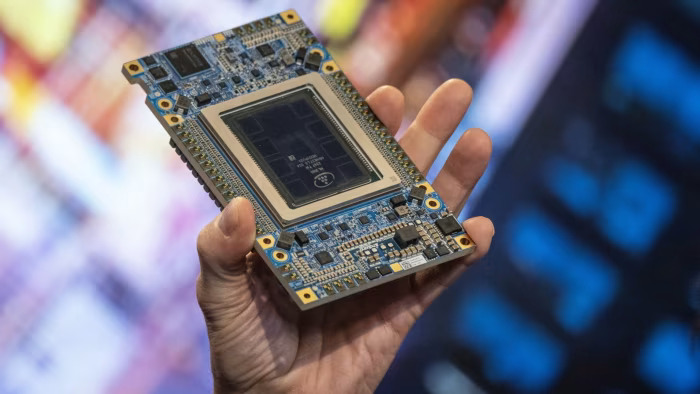Intel gains a potential reprieve in its battle against a €1 billion fine from the European Commission as an adviser to Europe’s top court identifies flaws in the case presented by antitrust regulators. Laila Medina, an advocate-general for the European Court of Justice, highlighted on Wednesday that the commission had erred in calculating the damage to competitors resulting from the US chipmaker’s practice of providing rebates to customers.
Her observations come in response to an appeal from the commission, the EU’s executive body, contesting a 2022 decision from the European Court of Justice that annulled a €1.06 billion fine on Intel as part of a protracted case against the Silicon Valley company.
Medina pinpointed an issue with the commission’s “as-efficient competitor” test, designed to determine whether the company offered unfair pricing compared to rivals with comparable costs.
Miranda Cole, a partner at Norton Rose Fulbright law firm in Brussels, noted the potential implications of the opinion on the future application of the widely used AEC test in pricing practices, including rebates.
“This case is being closely watched, given its potentially broad impact on pricing practices — rebates and beyond,” Cole said. She added, “While AG Medina’s opinion today is not the end of this matter, it will add to the ongoing debate about the appropriate test for identifying abusive rebates, and the commission’s discretion to not apply the AEC test.”
Intel expressed its satisfaction with the opinion. The ECJ typically aligns with the advocate-general’s recommendations, which, though non-binding, often influence the final judgment.
The original EU fine dates back to 2009, with the commission asserting that Intel abused its dominant position by providing concealed rebates to computer manufacturers, conditioned on them purchasing all or almost all their chips from Intel. The court judgment in 2022 upheld this aspect of the commission’s case, and in September, Brussels reinstated a €376 million fine, which Intel is appealing.
Despite the legal challenges, Intel continues significant investments in the EU, pledging €30 billion to enhance chip manufacturing. The company’s decade-long investment plan could eventually amount to €80 billion, contingent on demand and future subsidies. The commission declined to comment on the ongoing case, and Intel has yet to respond to requests for comment.

